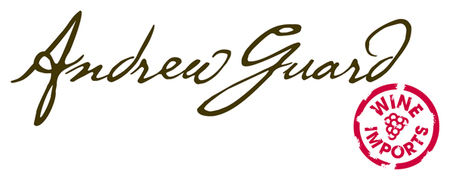Philippe Pacalet
Bourgogne

Pacalet is the nephew of Marcel Lapierre of the Beaujolais. Pacelet, like his uncle, removes anything from the vinification process that obscures the pure expression of terroir. He therefore does not use industrial yeasts to aid in fermentation and he uses sulphur only at bottling. Generally, he is completely hands-off. Interestingly, Pacalet does not own his own vines - he purchases grapes. Of course he buys from people who farm as he would, without chemicals and he works scrupulously to ensure that grapes are grown according to his standards.
The selection of parcels was originally guided by several criteria: the use of Pinot Fin (a qualitative plant giving small yields), average age of each parcel of 45 years, orientation, exposition and quality of the viticultural work. Today he works seven hectares of vineyards nearly all in the Cotes de Beaune and the Cote de Nuits but he has two terrific parcels in Chablis where he makes some of the best I have tasted.
Wine-making is intuitive and non-interventionist; fermentation is conducted in Grenier open wooden vats without sulphur, using whole bunches and natural yeasts. Maturation follows in mainly used barrels purchased from the most impeccable sources (Pacalet used to be the winemaker for Henri-Frédéric Roch, the co-director of DRC) on gross lees without any racking. Pacalet says that in this way he makes wine a lot like his grandfather and as far as he is concerned he is a scientist and an artist together, respecting nature by trying to understand its processes and identifying how best to liberate those raw materials that great terroir confers.
Pacalet's wines are known for their purity and for their transparency to the underlying terroir. Tasting through the line-up this year was as thrilling for me as always, as the wines were so startlingly clear and focused. The last thing I wrote in my notes after we tasted the final wine in barrel was this: "clarity and precision"
